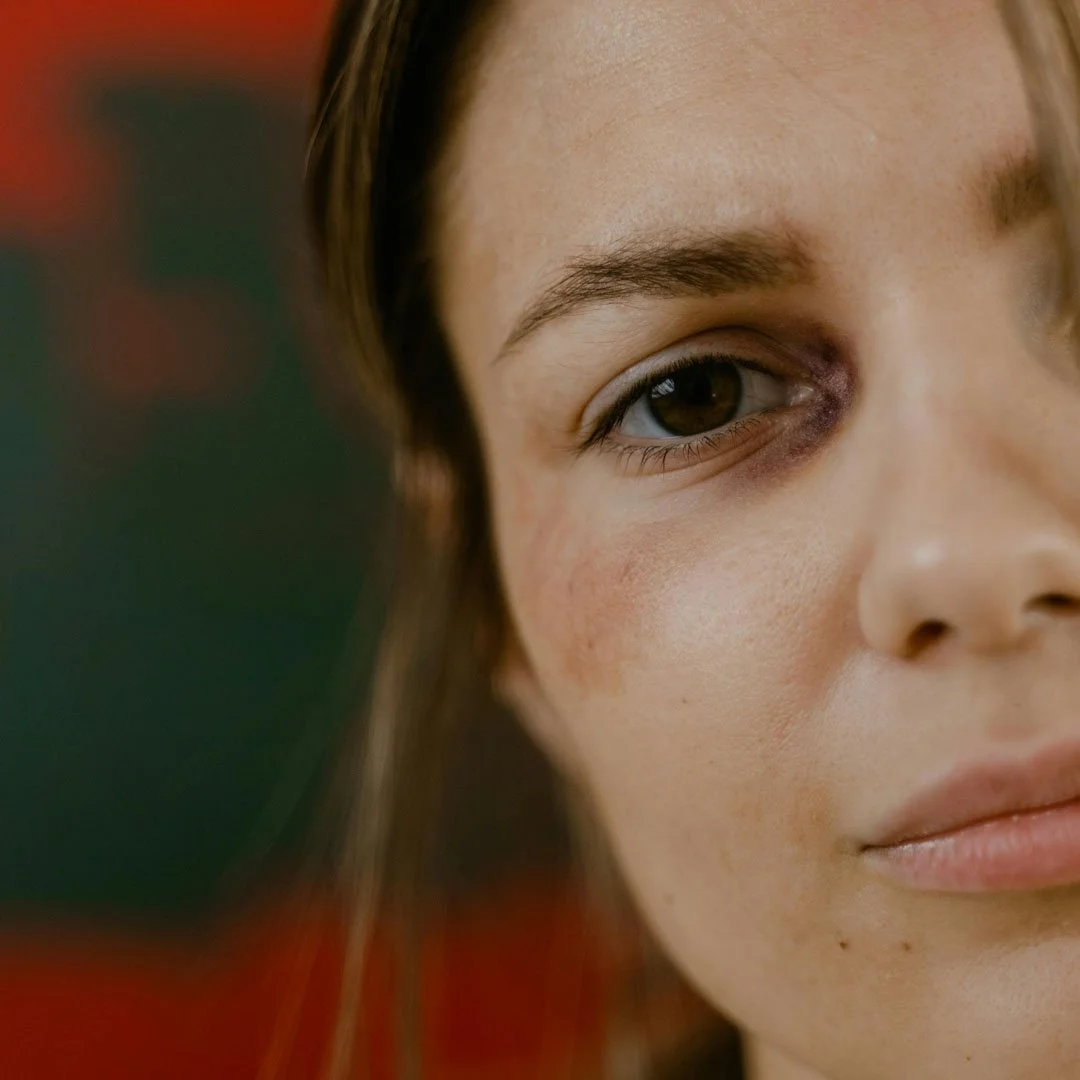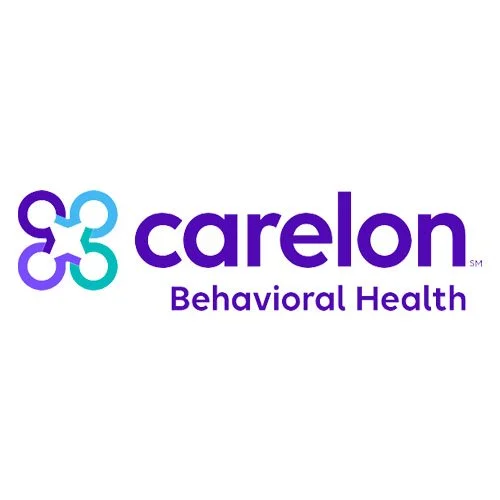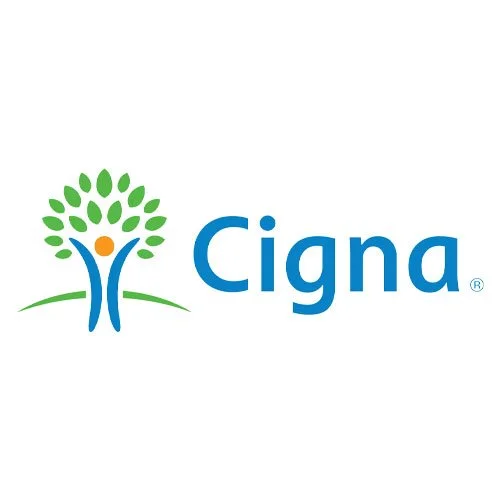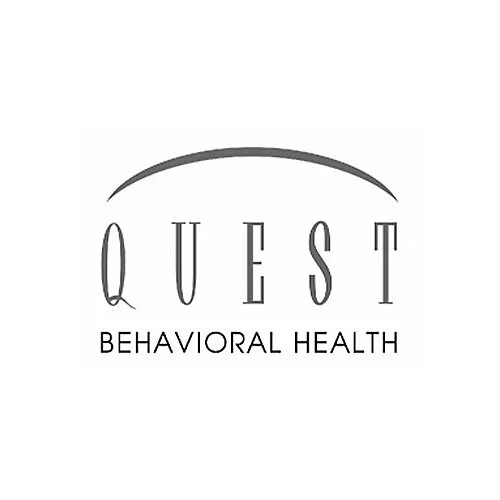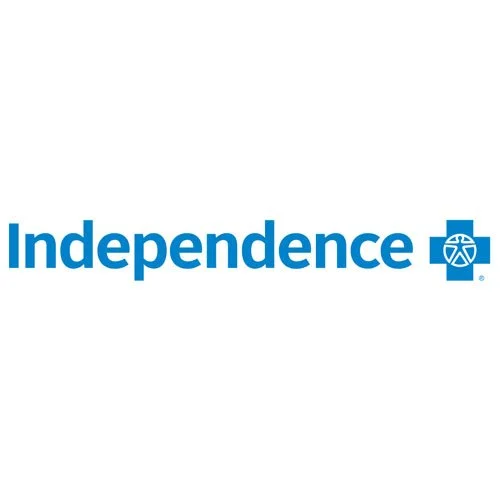David James McCalister, LCSW
Your Journey to Wellness Starts Here
STEADY | STRONG | MOVING FORWARD
Vision Statement
As a therapist, my vision is to walk alongside individuals on their path to healing like the unwavering presence of the buffalo—steady, strong, and always moving forward. I believe in the resilience that lives within each person, even in the face of life’s most difficult storms. Like the buffalo who instinctively faces into the storm to move through it, I help clients harness their inner strength, face challenges with courage, and continue their journey toward growth, balance, and self-empowerment.
About
Hi! My name is David McCalister. I’m a licensed Clinical Social Worker based in Buffalo, New York currently providing online therapy for people aged 16 and up who are residents of New York.
Are you struggling but open to the process of growth, self-exploration, and change?
Perhaps you're dealing with anxiety, depression, low self-esteem, relationship challenges, or major life transitions (like a job loss, break up, or identity shift). Maybe you're feeling stuck or overwhelmed and don't fully understand why. Life gets heavy sometimes; stress builds, relationships strain, emotions get tangled, and it can feel like you're barely keeping up. Whether you're feeling anxious, stuck in old patterns, grieving something (or someone), or simply trying to find your way back to yourself, I'm here to help.
As a therapist I support people who are experiencing anxiety and overthinking, depression and burnout, life transition and identity shifts, relationship struggles, and trauma recovery. In therapy, you don't need to show up with the answers, just a willingness to be real. We'll work together in a space that's safe, supportive, and grounded in compassion.
You don’t have to do this alone.
Maybe you've been carrying a lot lately: stress, sadness, worry, or just that heavy sense of "something's not right." Therapy is about having a space to breathe, reflect, and feel - without judgment. A space to unpack the weight you've been carrying and start making sense of it. I'm here to help you do that.
Types of Therapy
Acceptance and Commitment Therapy (ACT)
A type of psychotherapy that helps people increase psychological flexibility—the ability to stay present, open, and engaged with life even in the face of difficult thoughts, feelings, or experiences.
Cognitive Behavioral Therapy (CBT)
A widely used, evidence-based form of psychotherapy that focuses on the connection between thoughts, feelings, and behaviors. The core idea is that our thoughts influence how we feel and act, and by identifying and changing negative or unhelpful thought patterns, we can improve emotional and behavioral outcomes.
Dialectical Behavioral Therapy (DBT)
A specialized form of Cognitive Behavioral Therapy (CBT) designed to help people who experience intense emotions, impulsive behaviors, and relationship difficulties. It’s especially known for treating Borderline Personality Disorder (BPD), but it's also effective for many other mental health challenges.
Motivational Interviewing (MI)
A collaborative, person-centered counseling style designed to help people find their own motivation to change. It’s especially effective for individuals who feel ambivalent or resistant to making changes in their behavior.
Person-Centered Therapy (PCT)
Also known as Client-Centered Therapy—is a non-directive, humanistic approach to psychotherapy developed by Carl Rogers in the 1940s. Its core belief is that people have an innate tendency toward growth, healing, and self-actualization, and that the therapist’s role is to create a safe, accepting environment where this natural process can unfold.
Positive Psychology
Positive Psychology is the scientific study of what makes life worth living. Rather than focusing only on mental illness or dysfunction (as traditional psychology often does), positive psychology explores the strengths, virtues, and factors that help individuals and communities thrive.
Solution Focused Brief Therapy (SFBT)
A goal-oriented, short-term therapy that focuses on solutions, not problems. Rather than analyzing past issues or symptoms, SFBT helps clients identify what’s working in their lives and build on those strengths to create meaningful change quickly.
Strength-Based
A positive, empowering approach to psychotherapy that focuses on an individual's strengths, resources, and abilities—rather than their problems, deficits, or pathologies. It helps clients recognize and build on what they already do well to overcome challenges and achieve their goals.
Trauma Focused Therapy
An umbrella term for various types of psychotherapy specifically designed to help individuals process and heal from trauma—whether it's from a single event (like an accident or assault) or ongoing experiences (like abuse, neglect, or chronic violence).
Note on Therapy Types: My primary approach for treatment is Dialectical Behavioral Therapy (DBT) - a powerful, evidence-based approach that helps you build the skills to manage intense emotions, navigate relationships more effectively, and find peace within yourself. Through DBT, we'll focus on emotion regulation, distress tolerance, interpersonal effectiveness, and mindfulness.
Areas of Focus
Anxiety
Depression
Mood Disorders
Life Transitions
Family Conflict
Trauma
Self-Esteem
Stress-Management
Relationship Issues
Healthy Coping
LGBTQ+










